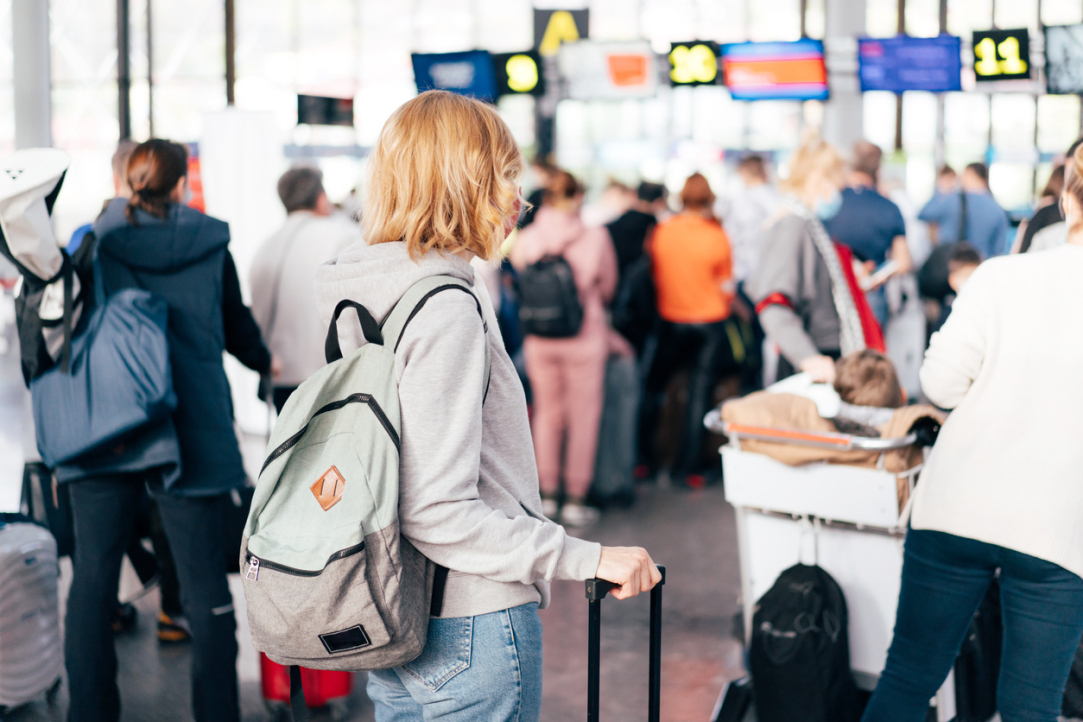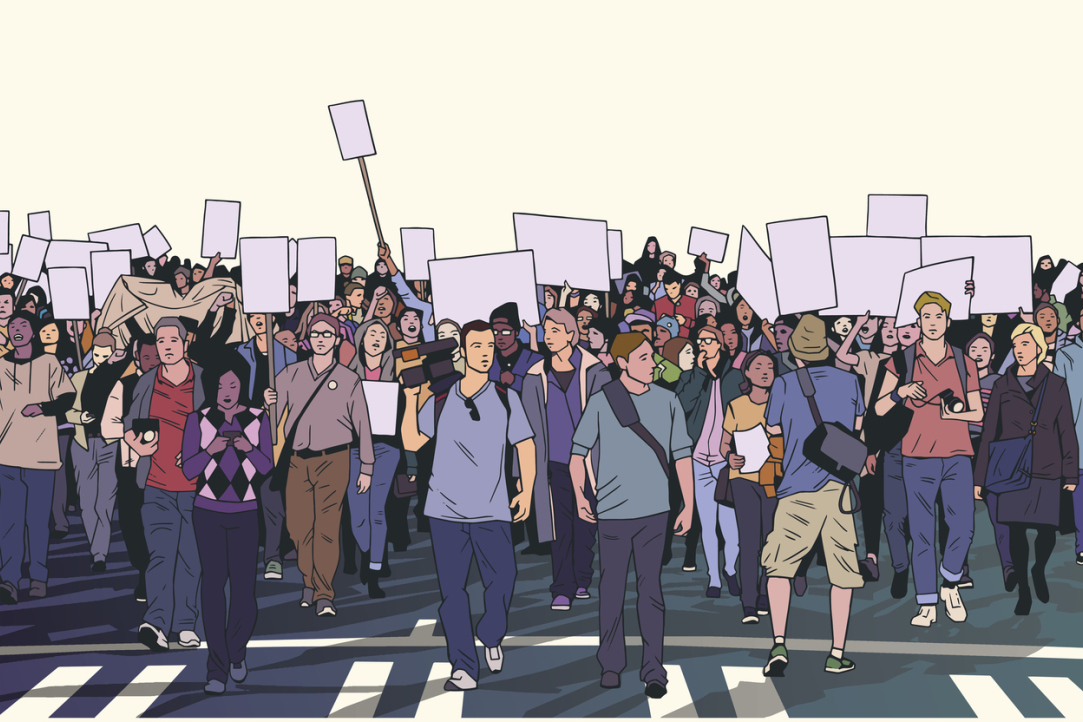
Search Query: How to Study Migration with Google Trends
Experts have calculated that the number of international students in Russia has grown six times over the last decade, and researchers say that many of those who are studying today would like to stay in the country. This, alongside issues such as why Google Trends are worth looking into, were covered at the HSE XXIV Yasin International Academic Conference on Economic and Social Development section on demography and labour markets.

Two Russian Regions Cooperate in Migration Studies as Part of Mirror Labs Project
What does Kaliningrad Oblast, an exclave Russian territory, have in common with Perm Krai, a region in the Urals? How do researchers use digital humanities methods to study migration? Sergei Kornienko, Leading Research Fellow at the Group for Historical Research (HSE University-Perm), heads the Mirror Lab project ‘Migration as a factor of social transformation of Soviet regions during the post-war reconstruction period: an analysis through digital humanities’. In this interview for The HSE LooK, he talks about this collaboration.

In Pursuit of the African Migrant Experience: HSE Doctoral Student Sheds Light on an Understudied Segment of the Moscow Population
At the recent seminar of the HSE International Laboratory for Social Integration Research, Isaac Olumayowa Oni, HSE doctoral student and lab research assistant, spoke about African migration to Russia. In an interview with HSE News Service, Isaac discussed his research and talked about what it’s like to study at HSE and live in Moscow.
Live Long There and Prosper: How Internal Migration from Small Towns Works
More than half of school graduates in medium-sized Russian cities will change their place of residence either forever or at least for a long time. According a report on internal migration presented by HSE demographers at the XX April International Academic Conference, these people are lost to their cities.

Working or Protesting
The higher the unemployment rates in Western European countries, the more likely it is that socio-political destabilization will occur. At the same time, the highest levels of unemployment in Eastern European countries are accompanied by anti-government protests of very low intensity. This is just one of the conclusions made by HSE experts in their paper ‘Unemployment as a predictor of socio-political destabilization in Western and Eastern European countries’.
Complex Issues of Identity in the Former Soviet Union Countries
The HSE Institute for Social Policy held an event entitled ‘Demographic Challenges of the 21st Century’ on 13 June 2017. At the event, Lauren Woodard, PhD candidate, Department of Anthropology, University of Massachusetts, presented her report ‘Politics of Return: Resettlement of Compatriots Programme in Primorsky Territory’. Here she talks to HSE News about the event, her research, and her interest in the complex issues of identity in Russia and the Former Soviet Union.
3.25 million
Moscow residents are first-generation migrants from other regions of Russia, i.e., they were born outside the capital.
Host Country Affects Migrants’ Values
The values of migrants in Europe are more affected by their host country than by the country where the migrants were born and raised. In other words, the sociocultural environment migrants live in changes their value systems, Maksim Rudnev, a Senior Research Fellow in HSE’s Laboratory for Comparative Studies in Mass Consciousness, said in the study ‘Value Adaptation among Intra-European Migrants. The Role of Country of Birth and Country of Residence’.
Russians Migrate to the Countryside for Materialistic Reasons
Twenty-five million Russians would be prepared to move from cities to the countryside if offered the same living standards in terms of income and available infrastructure. While these conditions cannot be met in Russia at the moment, it is still possible for the government to take steps to encourage urban dwellers to move to rural communities, according to the study Motives, Conditions and Consequences of Migration from the Cities to the Countryside in Russia by Maria Neuvazhaeva, Masters' graduate of the HSE's Faculty of Sociology.
Portable Pensions Will Reduce Informal Migrant Labour
Migrant workers in the CIS are vulnerable in terms of pension rights. The recipient country does not expect to care for them in old age, while the country of origin does not count the years worked abroad towards their retirement plan. Portable pensions may offer a solution, according to researchers of the HSE's Laboratory for Comparative Social Research (St. Petersburg) involved in the study Pension Mobility within the Eurasian Economic Union and the CIS.


Submission deadline: April 6, 2025